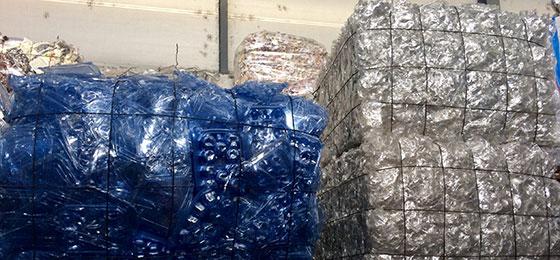Waste management to support the energy turnaround. Synthesis of the NRP 70 joint project “wastEturn”

The joint project investigated how and to what extent waste management can support the transformation of the Swiss energy system.
The joint project “Waste management to support the energy turnaround” investigated how and to what extent waste management can support the transformation of the Swiss energy system. This synthesis integrates the findings on municipal solid waste management in eight thematic areas and derives seven core statements as well as nine recommendations for action for the relevant stakeholders.
Summary
A great deal of energy can be sourced both directly and indirectly from waste. For example, municipal waste with an energy content of around 60 petajoules is incinerated in Switzerland every year. The energy recovered directly from this waste covers around 4% of the Swiss energy demand. However, the greatest potential offered by waste management lies in the recovery of secondary raw materials during the recycling process, thus indirectly avoiding the energy-intensive production of primary raw materials.
In order to optimise the contribution to the energy turnaround made by waste management, as a first step, improvements need to be made with respect to the transparent documentation of material and cash flows, in particular. On the basis of this, prioritisation according to the energy efficiency of various recycling and disposal channels is required. Paper and cardboard as well as plastic have been identified as the waste fractions with the greatest potential for improvement. In the case of paper and cardboard, the large quantities involved result in considerable impact. With the exception of PET drinks bottles, plastic waste is often not separately collected and therefore offers substantial improvement potential. Significant optimisation potential has also been identified with regard to the energy efficiency of incineration plants. To allow municipal solid waste incineration (MSWI) plants to use the heat they generate more effectively, however, consumers of the recovered steam and heat need to be located close by. A decisive success factor when transitioning towards an energy-efficient waste management system will be the cooperation between the many stakeholders of the federally organised sector. On the one hand, the sector needs to be increasingly organised along the value chains. On the other hand, however, there is also a need to utilise the freedom that comes with federal diversity in order to test different solutions.
